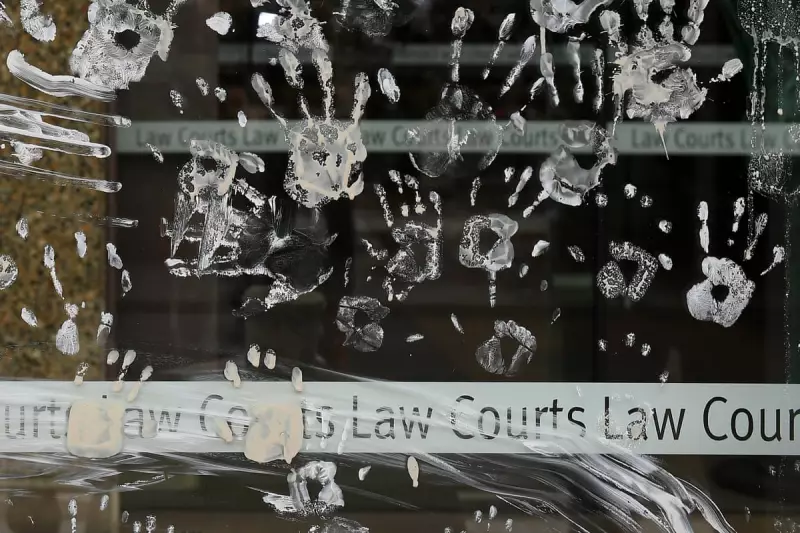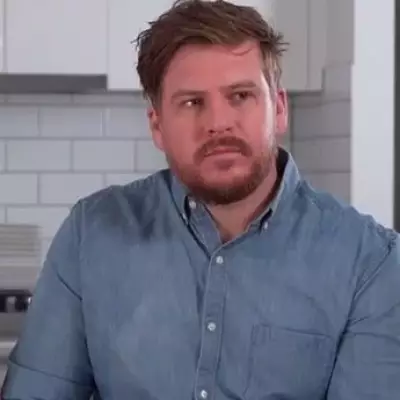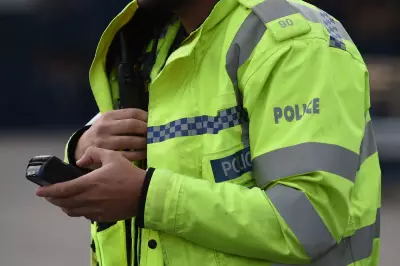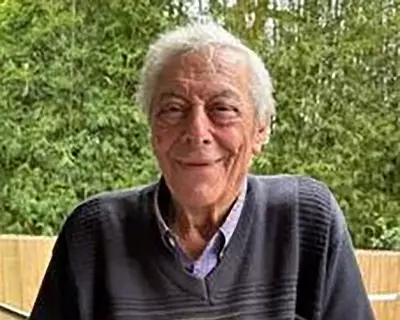
Major Shift in Youth Justice as NSW Alters Child Protection Law
The New South Wales government has passed controversial legislation that significantly alters how the justice system treats young offenders. The reforms, enacted on Thursday, remove the requirement for courts to consider a child's intellectual and moral capacity when prosecutors can establish they committed a crime.
The Case That Highlighted the System
This legal change comes after cases like that of Leo*, an 11-year-old boy who walked free from court despite facing 72 serious charges. Court documents revealed Leo began offending at age 10, committing offences including robbery with a weapon, smashing car windows, and taking stolen vehicles for joyrides.
During his 2023 court hearing in regional New South Wales, the case didn't turn on whether Leo committed the crimes - that evidence was largely undisputed. Instead, the magistrate had to determine whether Leo understood his actions were criminally wrong rather than merely naughty.
The court heard about Leo's difficult circumstances: his older brother was in juvenile detention, his father was in prison, and his mother struggled to control his behaviour. She testified that when she tried to use his family members as examples of the consequences, Leo would laugh and say "I don't care, they'll never catch me".
The magistrate ultimately found Leo not guilty of all 72 offences, determining he lacked the moral reasoning capacity to understand the criminal wrongness of his actions.
What Doli Incapax Reform Means
The legal protection at the centre of this controversy, doli incapax, recognises that children under 14 lack the maturity to fully understand the significance of their actions. In NSW, while the age of criminal responsibility remains 10, this protection has made it harder to convict children aged 10 to 13.
The recent changes mean courts no longer need to consider factors such as:
- A child's schooling and home environment
- Their intellectual and moral development
- Whether they have been exposed to trauma or disability
Prosecutors can now secure convictions by establishing the child committed the crime and demonstrating certain circumstances, such as whether the offence was planned or involved weapons.
Lauren Stefanou, principal solicitor at the Aboriginal Legal Service, expressed alarm at the decision. "This means that, even if there is evidence that a child accused of an offence is living with an intellectual disability and a background of complex trauma, the court can decide that they should be convicted anyway," she said, adding that the change will disproportionately affect Aboriginal children.
Government Defies Review Recommendations
The Minns government claims the changes follow recommendations from an independent review by former Supreme Court justice Geoffrey Bellew and former NSW police deputy commissioner Jeffrey Loy. However, legal advocates dispute this interpretation.
The NSW Bar Association and other experts argue the government has actually gone against the review's key recommendation by allowing courts to convict children "without or despite" considerations of their moral development.
Attorney General Michael Daley defended the reforms, stating: "These changes are not about locking more children up. The aim here is to facilitate an informed, evidence-based hearing before the courts."
Premier Chris Minns highlighted another concern, telling reporters: "We've got a situation now where 85% of people under the age of 14 are going to court and having no finding at all. Now no finding means no therapeutic intervention, no counselling services, no support from charities."
Experts Warn of Long-Term Consequences
Associate Professor John Kasinathan, a University of NSW expert in adolescent forensic psychiatry, described court hearings for young children like Leo as "sliding doors moments". He warned that "if you incarcerate children earlier, that's been shown to result in longer or more severe criminal trajectories."
David Heilpern, Dean of Law at Southern Cross University and former magistrate, questioned the government's approach. "You don't intervene with young people by increasing their criminality. That's not a proven, evidence-based approach," he said, noting that the government's own report didn't recommend these specific changes.
Heilpern recalled his frustration as a magistrate seeing the same children repeatedly come before him without accessing support services. "It costs about $1 million a year to lock up a young person," he noted. "What if this young person had access to half that in terms of support services?"
The independent review actually recommended more "voluntary" support for young people, noting the criminal justice system isn't the "most suitable or effective" mechanism for addressing underlying causes of crime.
As these reforms take effect, advocates worry that more children like Leo will face conviction rather than receiving the therapeutic interventions that address the root causes of their behaviour.






